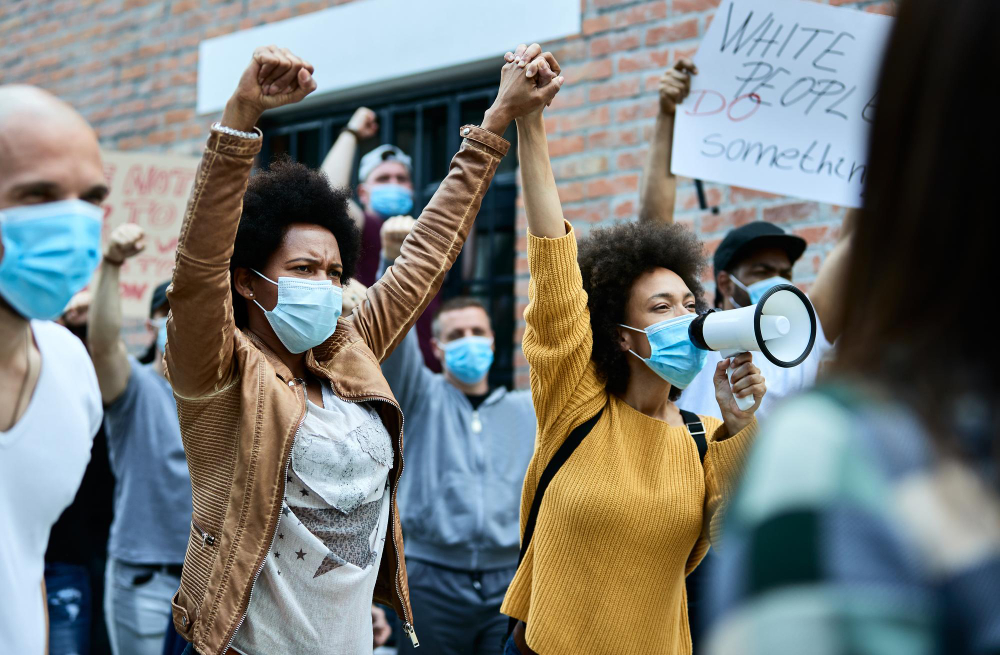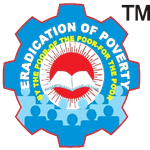Social Justice
Social justice lies at the heart of efforts to eradicate poverty, ensuring that every individual has equal opportunities, rights, and dignity. Poverty is not just a lack of material resources; it is a manifestation of deep-rooted injustices and inequalities within societies. By addressing these injustices and promoting social justice, we can create a more equitable world where poverty is no longer a barrier to human flourishing.

Addressing Structural Inequality: Social justice requires addressing the structural inequalities that perpetuate poverty, including unequal access to resources, opportunities, and power. This means challenging systems of oppression such as racism, sexism, classism, and discrimination based on ethnicity, religion, or disability, which disproportionately affect marginalized communities and perpetuate cycles of poverty.
- Promoting Economic Justice: Economic justice is essential for poverty eradication, ensuring that wealth and resources are distributed fairly and equitably within society. This includes measures such as progressive taxation, fair wages, and policies that promote inclusive economic growth and opportunities for all, particularly those historically marginalized or excluded from economic participation.
- Ensuring Social Protection: Social justice demands the establishment of robust social protection systems that provide a safety net for the most vulnerable members of society. This includes social assistance programs, universal healthcare, and access to education and housing, which help to prevent individuals and families from falling into poverty and provide a foundation for social and economic mobility.
- Empowering Marginalized Communities: Social justice requires empowering marginalized communities to participate fully in decision-making processes that affect their lives. This includes ensuring representation and leadership of marginalized groups in political, economic, and social spheres, as well as supporting grassroots initiatives and community-led development efforts that address the unique needs and priorities of marginalized communities.
- Promoting Human Rights: Human rights are integral to social justice and poverty eradication, providing a framework for ensuring the inherent dignity and rights of all individuals. By upholding human rights principles such as the right to education, healthcare, housing, and work, we can create conditions that enable people to lift themselves out of poverty and live with dignity and autonomy.
- Fostering Solidarity and Collaboration: Social justice requires solidarity and collaboration across sectors and communities to address the root causes of poverty and inequality. This includes building alliances between social movements, civil society organizations, governments, and the private sector to advocate for policy change, mobilize resources, and implement solutions that promote social justice and poverty eradication.
- Promoting Environmental Justice: Environmental justice is essential for sustainable development and poverty eradication, ensuring that the benefits and burdens of environmental policies and practices are distributed equitably. This includes addressing environmental degradation, climate change, and resource depletion, which disproportionately impact marginalized communities and exacerbate poverty and inequality.



